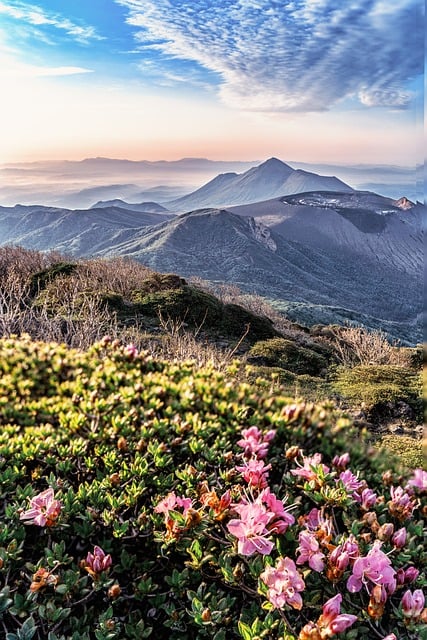Allyson Pimentel, psychologist and meditation practitioner/teacher, fittingly provides a meditation podcast titled, The Mindfulness Teachings of Tina Turner. Allyson describes mindfulness as “a way of attending to your life as it unfolds” while bringing to this awareness an attitude of “openness, friendliness, and kindness” without judgment. Associated with this, is a willingness “to be with things as they are”.
She maintains that the goal in practising meditation is not to master the art of meditation itself but to lead better lives day-to-day though our groundedness, compassion and wisdom. We do this so that we can become “a force for good” in our family, in our work, in our community and in our daily interactions. Allyson maintains that Tina Turner, who died at the age of 83 in May 2023, exemplified this broader goal and drew on mindfulness practices to be a positive influence in people’s lives. Allyson viewed Tina as a personal hero who, in her view, embodied kindness, love, wisdom, resilience and creative talent.
Tina’s approach to personal transformation
In her book, Happiness Becomes You: A Guide to Changing Your Life for Good, Tina explains her Buddhist approach and how she turned her life around after multiple “lifequakes” that threatened to derail her singing career and harm her mental wellbeing. She explains in-depth that chanting enabled her to overcome adversity, develop resilience and realise happiness in her life. Her ability to commune with nature from an early age enabled her to find her true home within, despite the turbulence and torment of her outer world. Besides the vibrational energy and groundedness of chanting, Tina drew on the teachings of Nichiren Buddhism to transform and reframe her life.
Tina explains that this Buddhist approach, that places emphasis on engagement and social activism helped her to move beyond her comfort zone, to appreciate the connectedness of everything, to value diversity in nature and cultures and participate actively in the Beyond Music Project designed to use music as a way to respect and celebrate cultural diversity.
Tina saw experiencing adversity as a way to shape ourselves and build our resilience – in her words, adversity is not a bad thing in itself, it is how we use it that really matters. She contended that adversity could build character, self-awareness, insight and a stronger sense of connection. This perception aligns with the tenets of mindfulness that reinforce the view that while we have little in our life that we can control, we can control our response to what happens to us as well as around us. Mitra Manesh in her podcast on responsibility contends that mindfulness builds our ability to respond to adversity and setbacks – she describes this outcome of mindfulness practice as developing our “response-ability”.
Tina explained in her book that all of life shapes us – the good, the bad and the ugly. We become our transformed selves through the richness and diversity of our life experiences and by developing a constructive, creative and energetic response to whatever occurs. She maintained in her eighties that she had no regrets – she had lived her life to the full, positively impacted numerous people all over the world and experienced deep happiness.
Reflection
Tina demonstrated in her life, music and her writing that as we grow in mindfulness we can overcome adversity, develop resilience, enrich our creativity and build the courage and sense of connectedness to take compassionate action. Her life and music provide an invaluable legacy and a “ripple effect” that has the power to inspire others to work to create a better world.
In her guided meditation podcast, Allyson draws on Tina’s core teachings to help us explore our connection with nature, the influence of our ancestors, our own legacy, and our present moment awareness.
________________________________
Image by Kanenori from Pixabay
By Ron Passfield – Copyright (Creative Commons license, Attribution–Non Commercial–No Derivatives)
Disclosure: If you purchase a product through this site, I may earn a commission which will help to pay for the site, the associated Meetup group, and the resources to support the blog.

